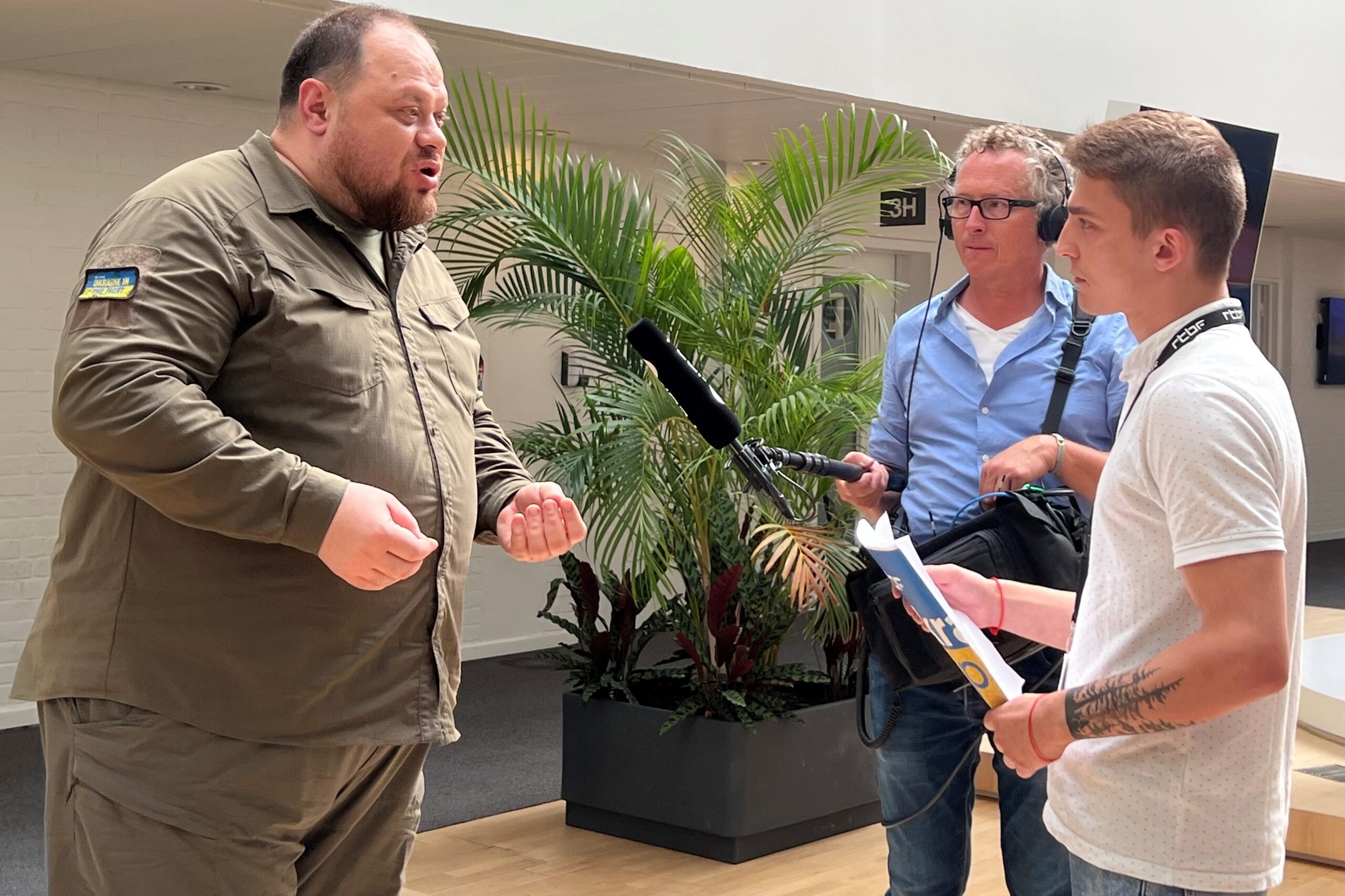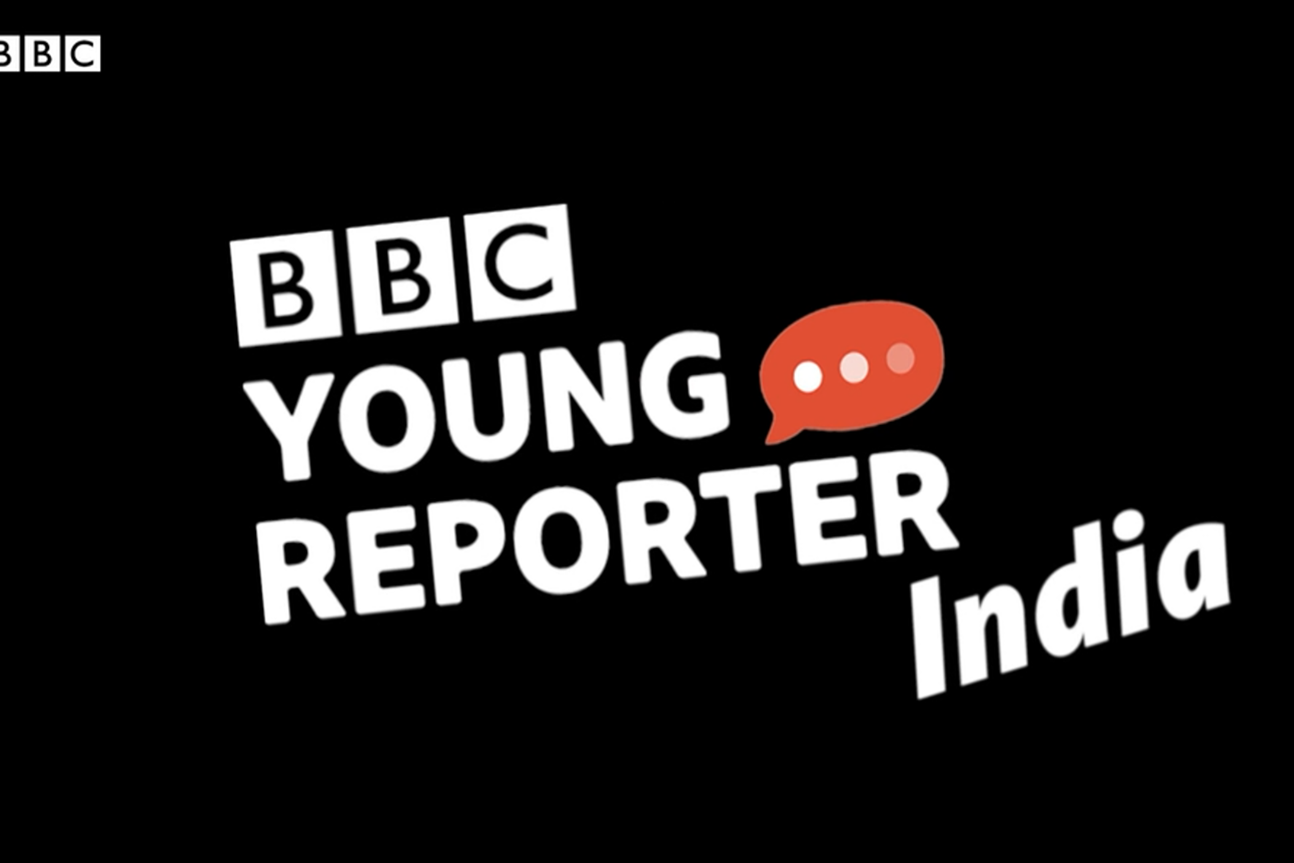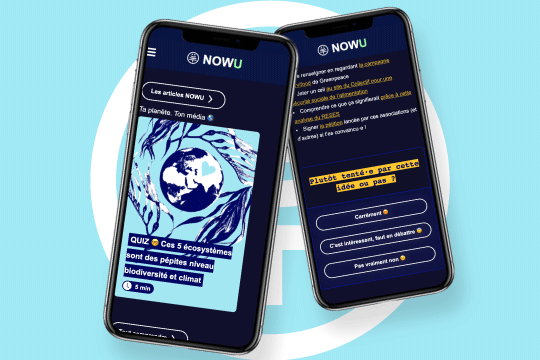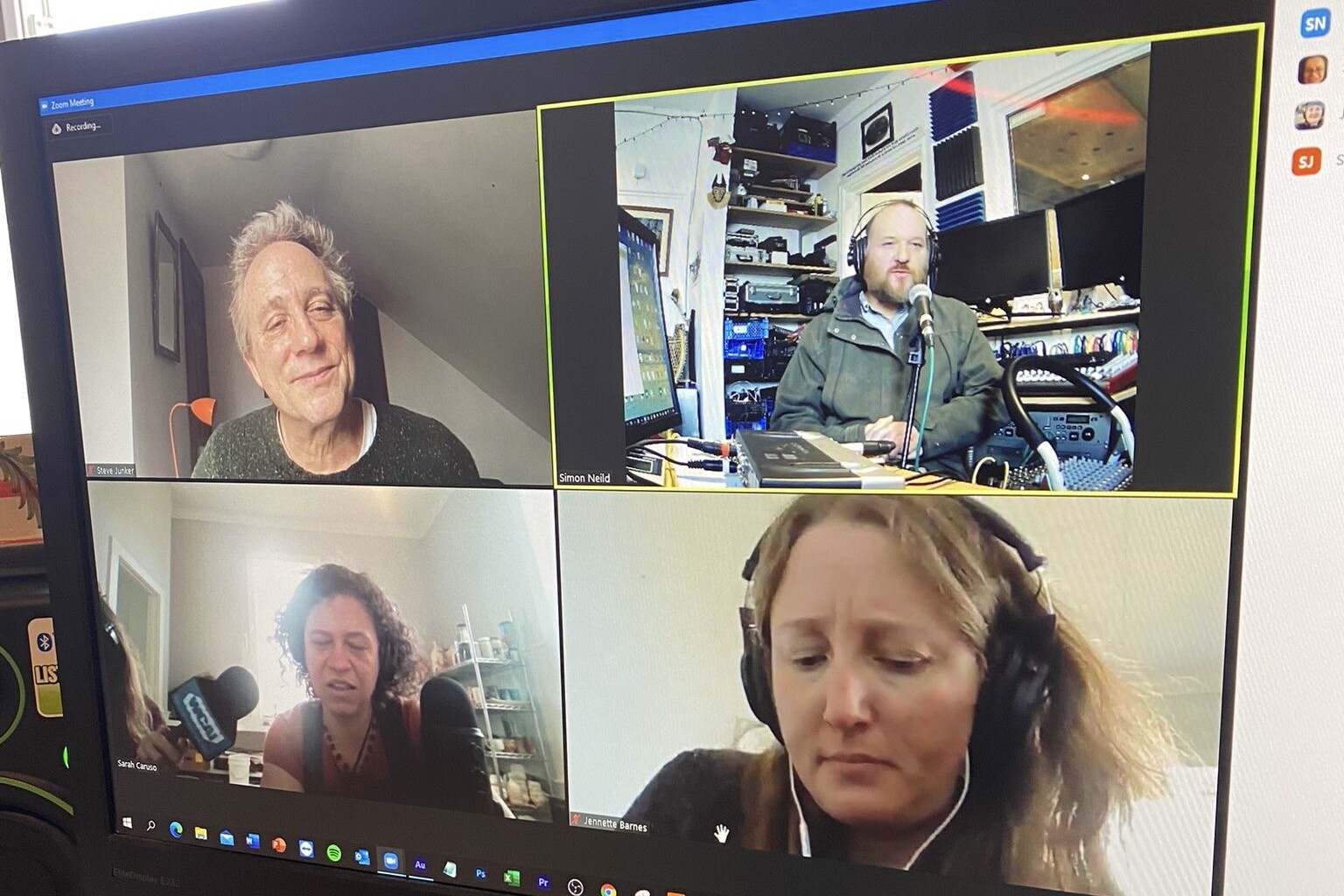PSM INNOVATIONS
RFI Afrique: Using WhatsApp to disseminate news across the continent
RFI Afrique’s innovative use of WhatsApp has been found to reach audiences across the continent, push back against disinformation, and combat accessibility challenges in Africa.
5 July 2022
Since 2019, France’s international radio broadcaster, Radio France Internationale (RFI), has used WhatsApp as a way of disseminating trusted news and information to people across Africa.
RFI has a large audience in the continent, and broadcasts news in French and fifteen other languages, including Kiswahili, Hausa and Fulfulde, worldwide, 24 hours a day. Through a dedicated WhatsApp thread offered by RFI Afrique daily, subscribers receive a selection of articles and other content, such as programmes and reports from RFI. It means they “don’t miss anything that made the news on the continent”, said Sinatou Saka, the project lead at Radio France International (RFI), specialising in podcasts and new technology.
Messages containing news are manually sent to the thousands of people who have subscribed to the offer. According to Ms. Saka, “we are addressing people who are in countries where internet is still very expensive.” Because of this, content is usually text-only and not shared via voice notes or other audio-visual media, to address challenges surrounding lower bandwidths.
“WhatsApp has been the premier messaging platform for our audiences in Africa for years.” Ms. Saka told PMA. Around one sixth of the population are signed up to the platform. The format also provides the opportunity to engage with audiences. “We have programs that have always used Whatsapp to interact with listeners, create interactivity and get their opinions on important topics.” On other threads, RFI will ask listeners questions and include their answers in radio broadcasts. The team will later send them a link to the broadcast in podcast format.
WhatsApp has been seen as a force for good in terms of connecting people efficiently and globally. But it has also been a major source for the spread of misinformation on the continent, such as during election campaigns and information about COVID-19.
Ms. Saka admitted that there are still challenges that the RFI Afrique team are looking to solve, such as the time it takes to send messages across their list and add new subscribers, as well as not always being able to respond to everyone who shares their thoughts on the content.
But having a public media channel actively trying to share trusted news and information, and increase citizen participation, demonstrates an innovative use of the platform. It has also been proved to circumvent government attempts to block access to independent, public interest journalism. When France 24 and RFI was suspended by Mali authorities earlier this year, Ms. Saka said they noticed “an increase in our consumption from Mali on new media, but we are careful, we must not endanger the listeners.”
Adapting to the needs of audiences with lower bandwidths demonstrates public media’s ability to increase accessibility in areas that would otherwise be harder to reach. It also demonstrates how RFI recognised the audience’s changing news consumption habits and was flexible and innovative enough to be able to build on it to expand their reach.
“In times of crisis or not, it is an important tool. We have noticed an increase in our consumption from Mali on new media, but we are careful, we must not endanger the listeners.” – Sinatou Sake, project lead at RFI.
Over to you...
Does your public media organisation have an innovation that you’d like to share?
Let us know by emailing us at editor@publicmediaalliance.org
Related Posts
7th June 2022
Collaborative media literacy programme takes off in India
BBC Young Reporter India taught more…
10th May 2022
From Cornwall to Cape Cod: Collaborative radio project unites coastal stations across Atlantic
Public radio station CAI and community…




